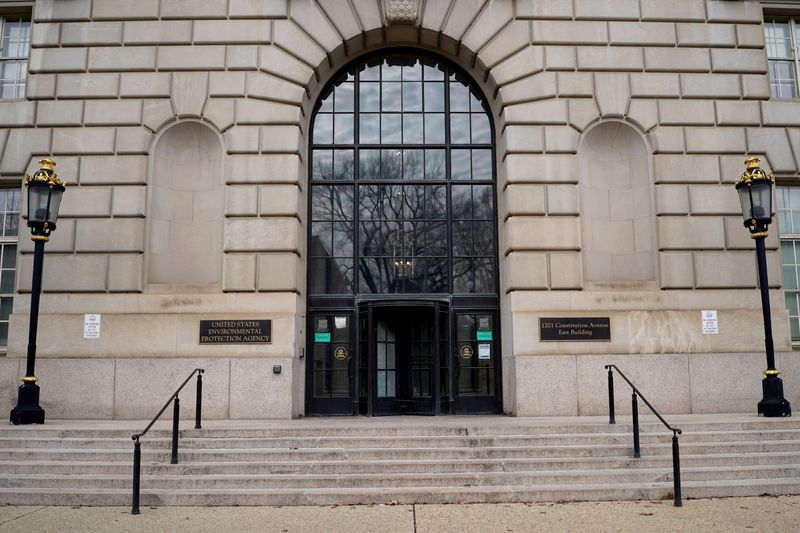What is Government Spending?
Government spending represents any money the government spends on acquiring goods and services. The government, in this case, refers to the public sector as a whole. Therefore, government spending includes any money spent on healthcare, justice, education, etc. It constitutes a critical aspect of a nation’s fiscal policy used to support its economic goals. There are several factors that governments will try to target with government spending. However, this spending is crucial in keeping a nation’s economy active. It is also a part of a government’s policy to use spending to shape the economy. Usually, governments use taxpayer payments to fund these policies. In some cases, however, they may also obtain loans for spending.How does Government Spending work?
Every government has policies to support future economic growth or stability. For that reason, governments will invest in various fields. Government spending can be a critical economic policy tool that governments can use to fulfill that purpose. As mentioned, it is a part of a nation’s fiscal policy, which is a combination of government spending and tax policies. Governments can use government spending in one of two ways. The first includes increasing government spending while decreasing taxes. It is a part of a nation’s expansionary fiscal policy, which governments can use to stimulate the economy during recessions. It may also include decreasing government spending and increasing taxes. These are a part of a nation’s contractionary fiscal policy. This policy is beneficial in cooling the economy down during economic booms.Does Government Spending cause inflation?
As mentioned, governments may use fiscal policy in one of two ways. During expansionary fiscal policy, governments use government spending to stimulate economic growth. Governments usually spend on acquiring goods and services. By doing so, governments can increase the aggregate demand in the economy. This policy also causes the prices of goods and services in an economy to grow, known as inflation. The formula for aggregate demand also considers government spending on public goods and services. Therefore, it plays a significant role in influencing the demand in a nation. As mentioned, during expansionary fiscal policies, government spending increases. This increase can then lead to inflation. For contractionary fiscal policies, the opposite may apply. However, the above connection between government spending and inflation is theoretical. In practical situations, there is no established direct connection between the two. In some cases, an increase in a nation’s government spending has adversely influenced inflation. On top of that, there are several other factors that may play a role in determining the impact of government spending on inflation. One of these includes the source of government spending.Conclusion
Government spending refers to the money governments spend on acquiring public goods and services. There are several ways in which governments can fund it. Governments can use government spending during the expansionary fiscal policy to increase aggregate demand. It, in turn, may cause inflation in an economy. Practically, however, there is no established direct connection between inflation and government spending.Further questions
What's your question? Ask it in the discussion forum
Have an answer to the questions below? Post it here or in the forum




